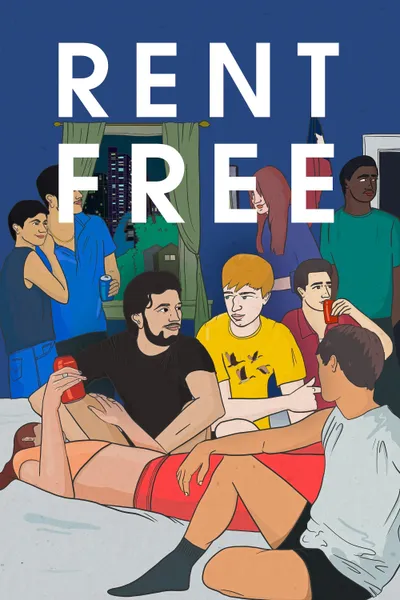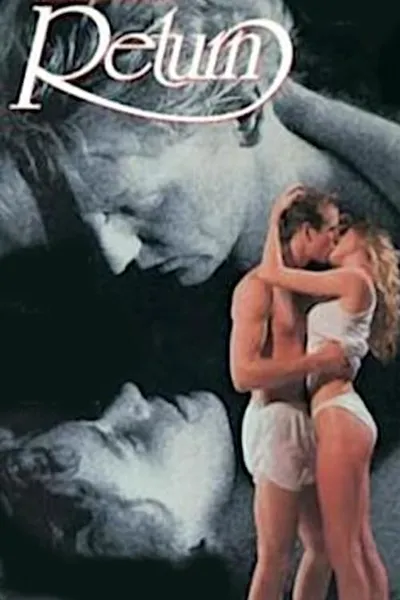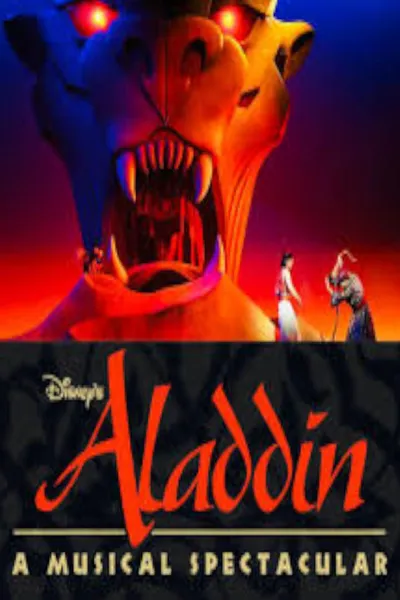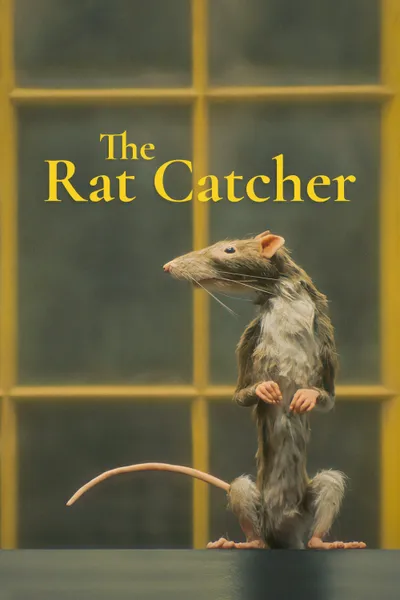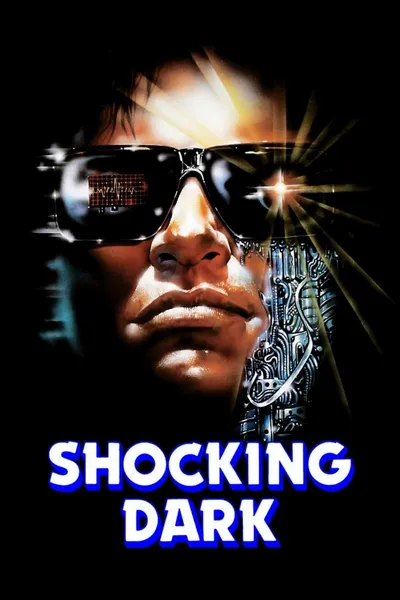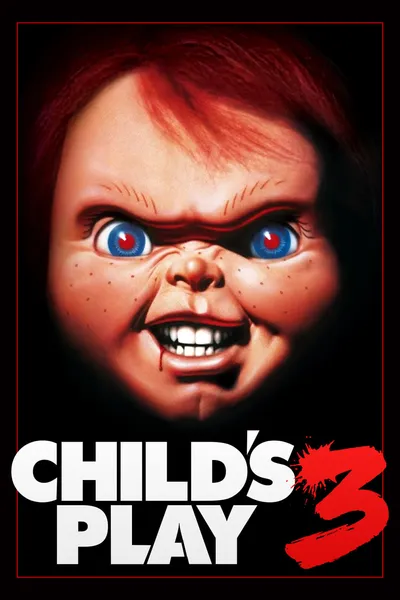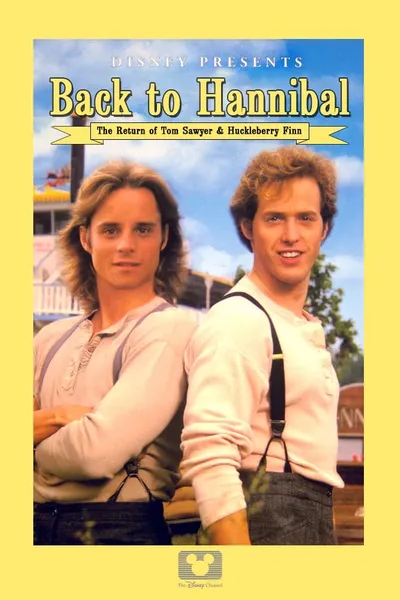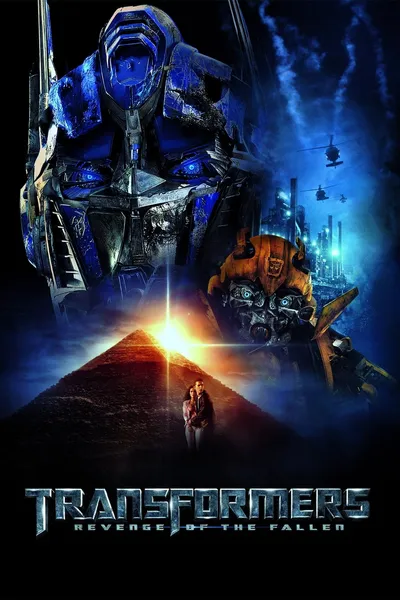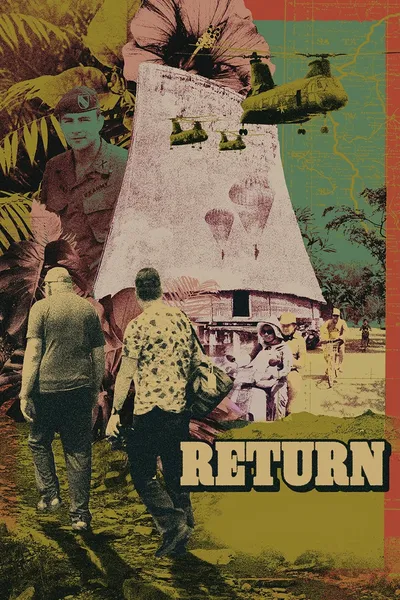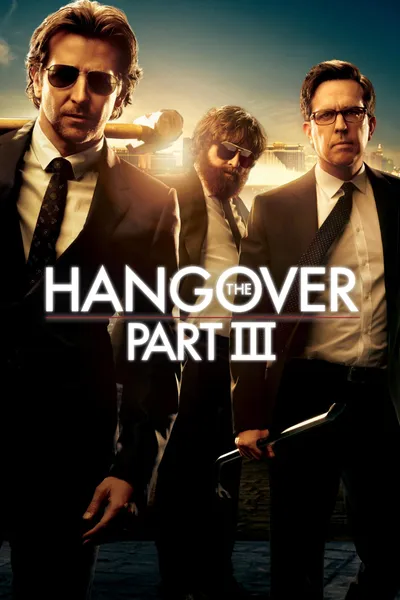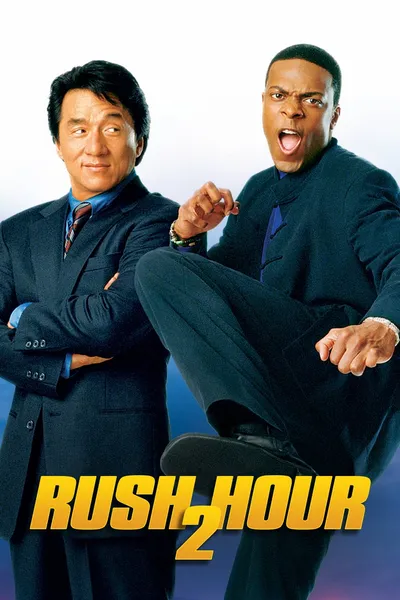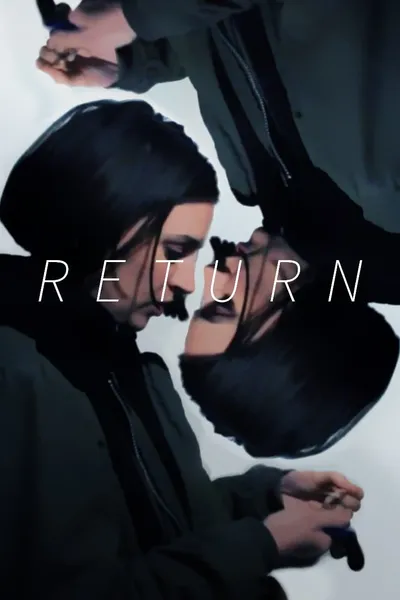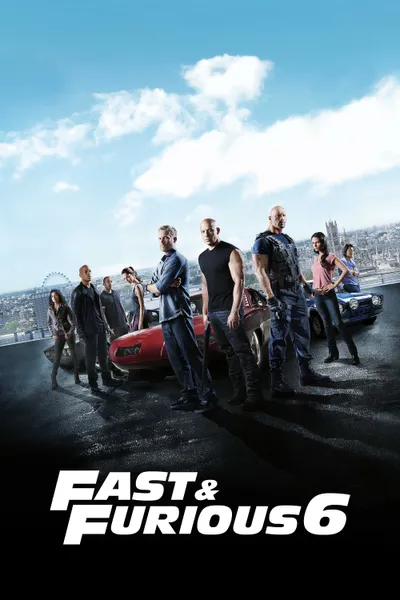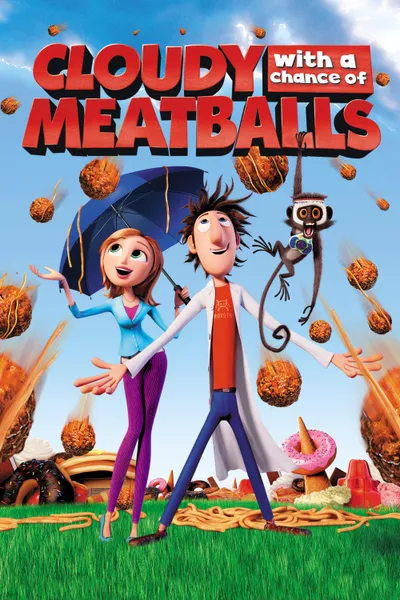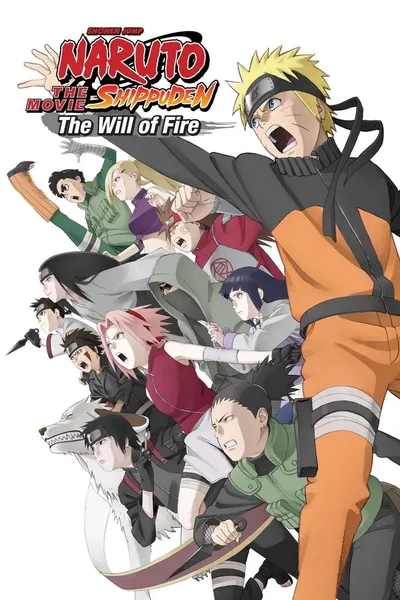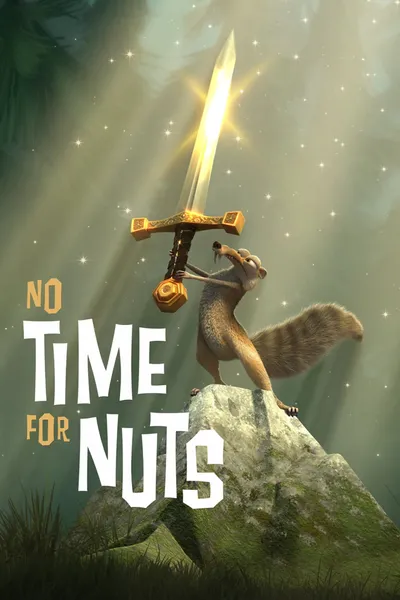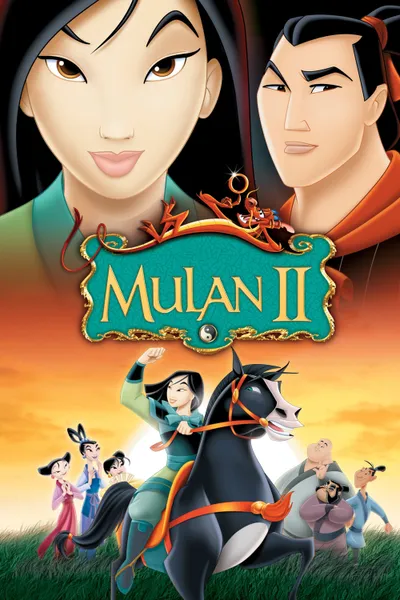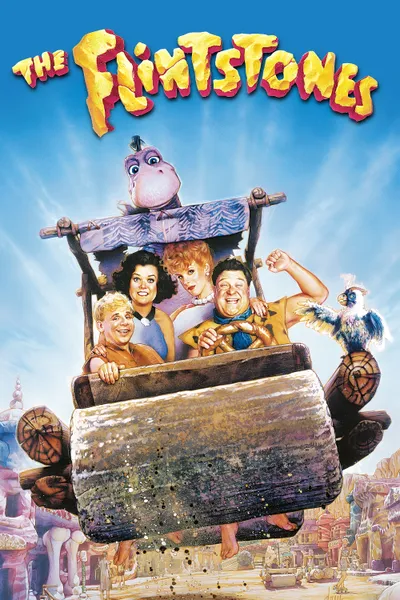Reviews
Brent Marchant
September 22, 20248.0
Most of us have no doubt heard the old saying (adapted from the famous poem by Robert Burns), “The best laid plans of mice and men often go awry.” And, in the case of a pair of hopelessly lost Gen Z misfits (Jacon Roberts, David Treviño), truer words couldn’t have been spoken. The two longtime friends from Austin, TX attempt to relocate to New York, but, when their plans fall through, they return home to regroup and figure out a way to get back to the Big Apple. They “decide” to land good-paying jobs (without any realistic prospects) from which they can diligently (or so they believe) stash away bundles of cash for a year and, simultaneously, multiply their savings by finding ways to live rent free with (i.e., shamelessly sponge off of) friends, family and even strangers, a plan they’re thoroughly convinced will work. However, the reality turns out to be far different from their hopelessly misguided wishful thinking, straining their friendships with others and themselves. Their wickedly funny story (with a few touching moments) turns out to be a damning exploration of improbable, unworkable thinking, unbridled irresponsibility, inflated entitlement and generally bad form between themselves and with those who offer to help them out (but who subsequently prove to have agendas of their own as well). One would like to hope that this experience will work out (or at least provide them with a much-needed wake-up call), but will it? In that sense, “Rent Free” is a brutally telling story about a generation that not only hasn’t come of age, but that is in serious need of growing up. Writer-director Fernando Andrés’ second feature offering delivers a bitingly blistering modern day road trip/buddy movie of sorts about two lost souls seeking to find themselves but who perpetually get in their own way. It’s particularly noteworthy for the fact that this is a film involving individuals who are part of the LGBTQ+ community but whose sexuality is more ancillary than integral to the narrative, allowing their other personal attributes and actions to carry the picture and not relying exclusively on scenarios related to their gay and bisexual orientation to define them or the nature of the story. Some viewers (particularly younger ones) may be insulted or offended by some of the content here, but perhaps that’s because the filmmaker holds up a highly polished, undeniably scrutinous mirror to them and their lifestyles, providing a profoundly revelatory look at why their lives don’t live up to their assumed expectations. Indeed, there is no such thing as a free lunch, and this inspired, razor-sharp offering proves that – whether viewers want to see that or not.
Recommendation Movies
Return1985
Aladdin: A Musical Spectacular1992
The Rat Catcher2023
Shocking Dark1989
Child's Play 31991
Back to Hannibal: The Return of Tom Sawyer and Huckleberry Finn1990
Transformers: Revenge of the Fallen2009
Return2023
The Hangover Part III2013
Rush Hour 22001
The Hunger Games: Mockingjay - Part 22015
Return2018
Fast & Furious 62013
Cloudy with a Chance of Meatballs2009
Shanghai Knights2003
Naruto Shippuden the Movie: The Will of Fire2009
No Time for Nuts2006
Mulan II2004
The Flintstones1994
© 2025 MoovieTime. All rights reserved.Made with Nuxt
